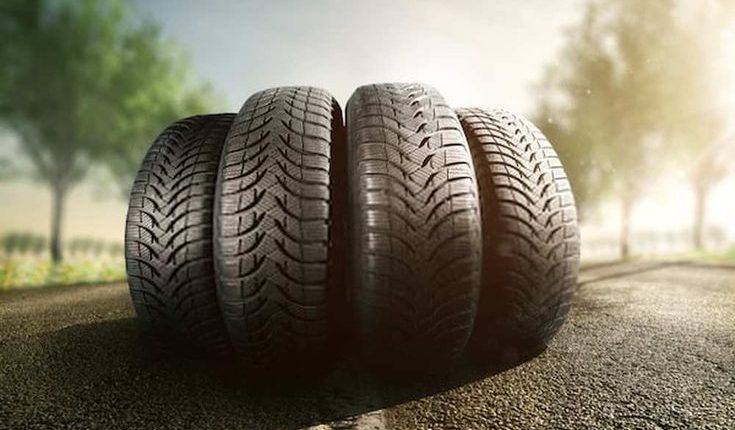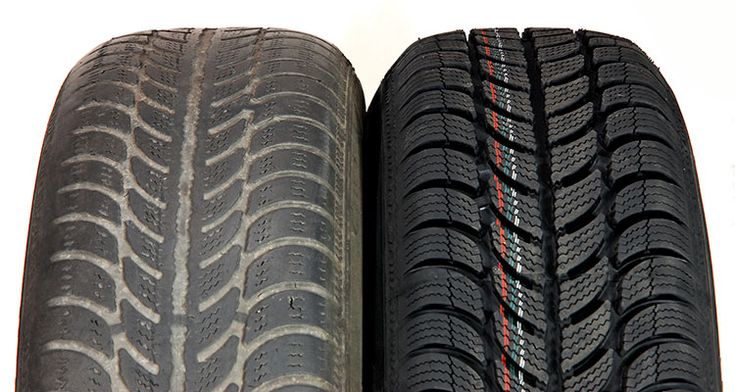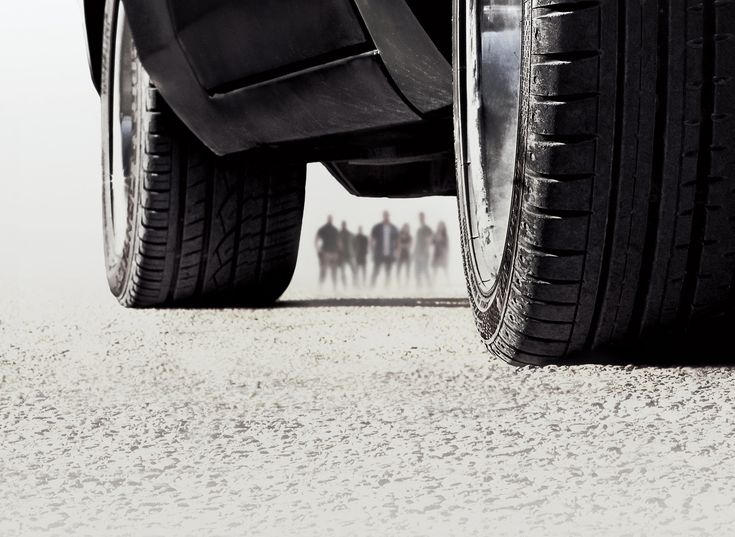Car tires are classified in many different ways. Based on weather conditions, car tires are classified into 3 types: winter tires, summer tires, and all-season tires. When it comes to buying new tires, many drivers are confused as to whether to buy an all-season or a summer tire. Tires are one of the most important parts and directly affect the safety of a vehicle. Knowing about tires is also how drivers grasp their own safety when participating in traffic. What’s the difference between summer tires vs all seasons? Drivers, please find out right here.
Contents
What Are Summer Tires?
If you want to drive a more performance car and spend a lot of time on the road in the summer, you may be wondering if it’s a good idea to buy summer tires for your car. Summer tires have the characteristic property of being inelastic even in high-temperature conditions. The surface of the tire has shallow grooves and small spikes to create just enough friction to keep the car in constant motion.
Furthermore, the compounds and design of summer tires allow the vehicle to grip the road and increase handling on dry or wet surfaces. Summer tires need to ensure maximum performance in temperatures above 7 degrees Celsius. In addition, summer tires have a long life and save more fuel than winter tires. Let’s take a look at some of the features of this tire:
Rubber Compound: Lower natural rubber content, and softens at milder temperatures, allowing the rubber to adapt to both dry and wet roads.
Structure: Fewer sipes, but have specially designed tread to resist water absorption and allow for better grip on both wet and dry surfaces.
Tread pattern: A simpler tread pattern contributes to excellent handling and greater braking distance.
Note: You shouldn’t use summer tires in conditions where the temperature is below 44,6 °F. In the summer, the temperature can rise, so drivers need to monitor the tire pressure sensor regularly to reduce PSI, helping the car maintain the correct pressure.

What Are All-Season Tires?
For those who want a tire with flexible operation in all weather, the all-season tire is the perfect option. These tires can operate stably in all road conditions, a choice that drivers can completely trust. All-season tires are made from synthetic rubber and have good performance in a variety of weather and temperature conditions. They typically have a tread size and shape for perfect handling in snow conditions, and also offer great grip on both wet and dry roads.
All-season tires have a narrow sipe tread design that cuts through the tread – for increased grip on wet or icy roads. The unique tread surface design of the all-season tire will also produce less noise, bringing smooth rides for pickups, SUVs, and crossovers. Basically, when looking for all seasons tires, each person will have different requirements, depending on the driving experience they want.
Pros:
- In general, an all-season tire usually lasts longer than a summer tire. Just because they are made to withstand all the elements of weather.
- You don’t have to go and swap your tires every time the season change. They provide adequate performance in all seasonal conditions, however, they are not as optimized for summer tires.
Cons:
All-season tires are not very grippy. These will not stick to the road like a really sticky summer. Because these are designed to be versatile and to hold up to the elements really well in turn it has to be a jack-of-all-trades so it’s not going to be particularly great in the snow and the summer.
What Are The Differences Between Summer Tires vs All Seasons?
Structure
- In summer tires, you will see that it will have a large contact area on the outside of the tire so that when you’re cornering, it’s got a lot of contacts area to grip the road. Sometimes you’ll notice with summer tires that they have less tread depth in comparison to all-season Which is really good for dry grip. Summer tires also have stiffer sidewalls which can reduce the comfort provided by the tire but it can allow for better steering response and feedback.
- All-season tires are a combination of characteristics between summer tires and winter tires. So in the center of the tires, you can see the sipes on the outside. There are fewer features to allow for good cornering grips. These tires also have grooves that expand as you get deeper into the tread pattern so that the tire wears that groove expands and you still have a lot of space for the water to evacuate. Versus the summer tire, you can see it’s actually the opposite of it. It gets narrower as you get closer to the wear bars.
Temperature
The biggest difference is really about What temperatures can these tires perform best at? The summer tire has a compound that is meant for temperatures generally above about 40°F. For all-season tires, they can still remain somewhat flexible around freezing temperatures but also operate in those higher temperatures.
Fuel economy
Summer tires always have better fuel efficiency in high temperatures due to their ability to stiffer construction and less friction. How about all-season tires? Because they have more rolling resistance in hot weather and fewer miles to the gallon.
>> Read more: How To Choose the Best Tires for Your Car?

FAQs
Are summer tires good in the rain?
The answer is: that the summer tires are excellent in the rain or wet weather. The compounds that makeup summer tires tend to be more flexible than regular tires, helping to ensure that the tires really grip the road in wet and rainy conditions, as well as on hot summer days. Tread depth will also be an important component to help summer tires operate well on a rainy day. Newer tires with more tread depth tend to perform effectively, and older tires with less tread depth tend to perform worse in the rain.
Summer tires have specially designed treads that repel water from pooling in the treads and treads so that when you encounter a sudden downpour, the tires will release water faster to avoid dangerous situations. This is the reason why summer tires are considered the best tires for rain.
What happens If I use the summer tires in the winter?
Even on dry roads free of ice and snow, winter brings colder temperatures. Summer tires are not designed for use in cold weather. The tire will harden. Summer tires have lower rolling resistance and the rubber compound used on them softens and performs better in warmer temperatures as they heat up and become tougher.
But as the weather turns colder and temperatures drop, the rubber on summer tires hardens and provides much less traction. In this case, all-season tires are the perfect solution for you. They will provide good handling and has good braking performance on dry and wet surfaces.
How to store summer tires during winter?
No matter in hot or cold weather, tires should not be stored in open-air even with a protective cover. When the season changes, you will want to use other tires: winter or all-season tires, you need to consider storing summer tires while they’re not in use. Here’s how to make it:
Step 1: Clean the tire.
Remove stones from the tread, wash the tires with water and leave to dry. Treat them with a special compound to protect the rubber from drying out. Don’t use suitable compounds. Because it will lead to premature tire wear.
Step 2: Find a suitable spot for storage.
The tires should be stored in a clean, dry, and well-ventilated place. The temperature should be between 10°C and 20°C. Make sure your tires are not exposed to sunlight: ultraviolet. Because it can destroy the rubber. The air humidity should be within 50-60%.
Step 3: Position the tires correctly
If you are going to store the tires without removing them from the rims, then place them horizontally, you can stack the tires on top of each other. If you store tires without rims, do not place them horizontally, or hang them up as this can lead to impaired grip and accelerated tread wear.
Step 4: Use special storage bags
The bags will help to protect tires from dust and moisture. Only use bags specially made for this purpose as condensate can accumulate inside ordinary plastic bags or bin liners, which would lead to the tires damage.
Step 5: Protect your tires from frost
If you can’t store the tires in the heated room in the winter, treat them with a special protective agent. This will prevent them from cracking due to low temperature.
Read more: Bigger Or Smaller: How To Change Tire Sizes?
Conclusion
Which tires should you choose for your car? If you want the best tire for the conditions that you are driving. In the summer you should use the dedicated summer tires. And in the winter or light snow, you should need the tires to make sure that they’ve always got a good grip. Hopefully, the article has provided some insights into your next tire purchasing decision.



